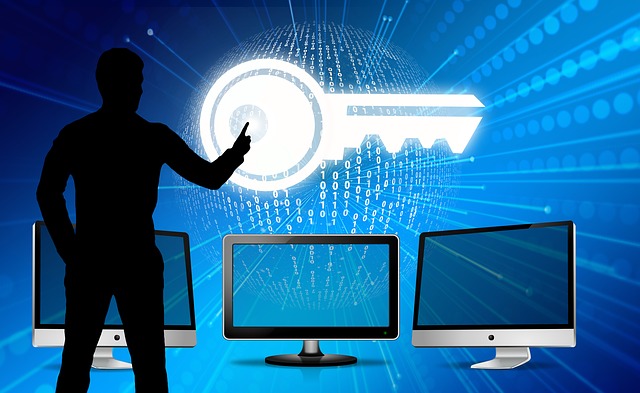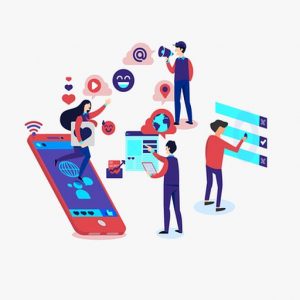Smart Computer Security Tips By Ritcor
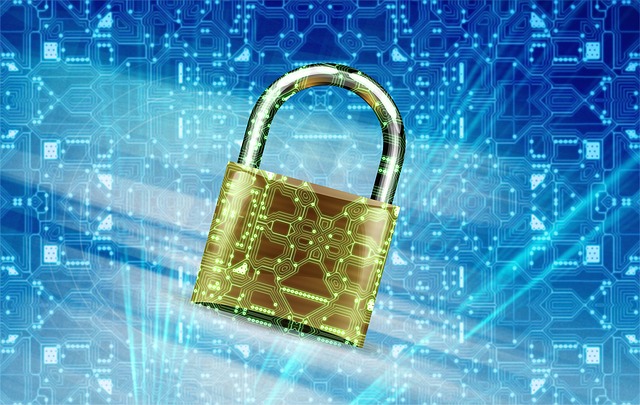
How to Keep Your Personal Data Safe from Hackers.
Whether you have a home computer or small business computer you should always think about the security of your data and information, because when this is compromised it can have disastrous consequences.
Today, more people than ever before are using their computers for everything from communication by email, Skype and Whatsapp to online banking and investing and of course convenient online shopping.
While doing all these things on our computer and surfing the internet we open ourselves up to our private and personal data being compromised by potential hackers, attackers, scammers and spammers.
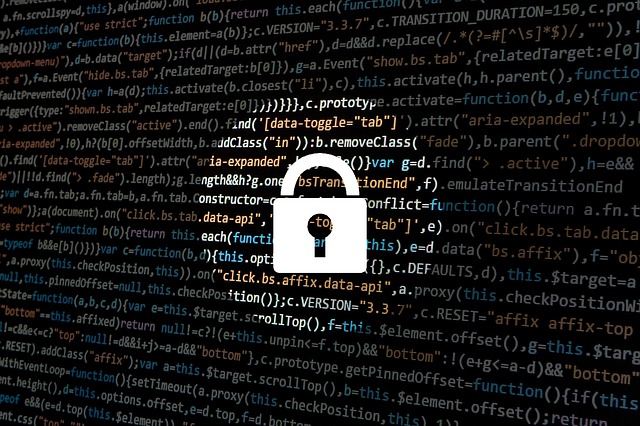
Some of these unsavory characters and criminals may be looking to access your personal information and identity for resale to other criminals, while others simply just want to use your computer as a platform from which they will attack other unknowing targets and even blackmail people.
Take note of these computer security tips which you can make to keep your data safe and your computer or laptop or mobile devices safe from criminals…
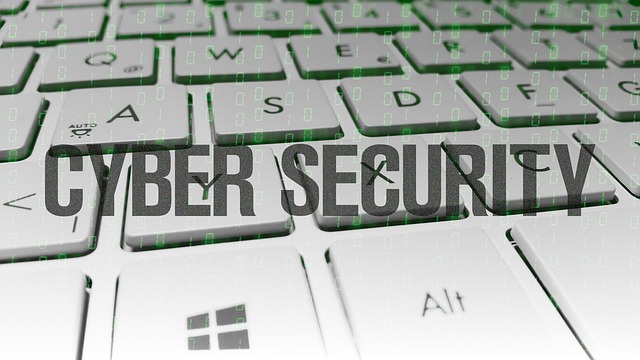
- Always regularly make backups of important information onto external hard drives and password protect these. Then you should store them in a safe place separate from your computer.
- Update your operating system when there are security updated, this includes u your web browser and also installed software frequently.
- If you have a Windows operating system, check for updates by going to windowsupdate.microsoft.com and running the update wizard.
- Windows 10 can automatically update your operating system if you set this correctly. There are also patches and security updates for MS office and other windows software easily accessible..
- Install a firewall and anti-virus and there is no excuse for not doing so because there are many effective ones that are completely Free. Without a decent firewall, all sorts of viruses, worms, Trojans, malware and adware can gain access to your computer from the Internet.
- Review your internet browser and email security settings and passwords settings for optimum security. This should be done because hackers use programs like Active-X and JavaScript to plant malicious malware and Trojan virus programs into your computers.
- While cookies which many sites warn you about are relatively harmless in terms of security concerns, they can still track your movements on the Internet to build a profile of you. You should set your security setting for the “internet zone” to High, and your “trusted sites zone” to Medium or Low.
- Install any type of certified antivirus software and set it up for for automatic updates so that you receive the most current versions. AVG has a free version and is one of the most popular for home users in south Africa.
- Never open unknown email attachments especially if you do not recognize the address from which they originates from because many viruses can spread from what you may think is a familiar email address.
- Do not run uncertified downloads or programs from unknown origins and in turn, never send these types of programs to family friends and coworkers. Sometimes they come in the form of funny or amusing stories or jokes but hidden within are Trojan viruses and maklware.
- Disable all hidden filename extensions which is set to default in Windows operating systems. Disable this option so that all file extensions display in Windows, because doing this you are more likely to see any unusual file extensions that do not belong on your system.
- Turn off your computer, laptop or mobile device and disconnect from the network when you are not using them. A hacker will NOT be able to attack your computer when you are offline and disconnected or while the computer or laptop is off.
- If you have a laptop camera or computer camera then cover it with a piece of masking tape when not using them… Even Mark Zuckerberg does this because hackers can hack these devices and watch you.
To further avoid spammers, and scammers, read this useful Post. How To Avoid Scams and Spammers Online so that you are armed with the knowledge to avoid getting caught by criminals…
While working online never let your guard down because if your computer security is not up to scratch then it can be disastrous for you when hackers get hold of everything.
